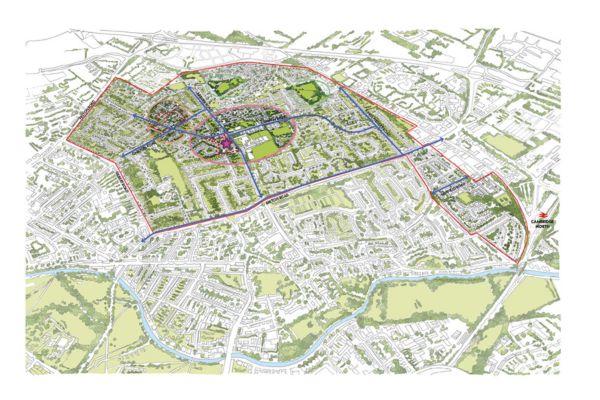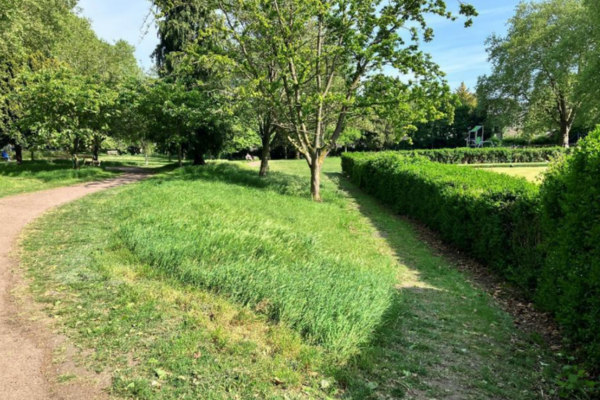A compulsory purchase order (CPO) is a tool that public-sector organisations can use to obtain land or property without the consent of the owner.
They are most often used to support new housing schemes as part of urban regeneration projects, and to create space for new roads or railways to improve public transport infrastructure.
A CPO is always a last resort after every opportunity has been explored to purchase a site by mutual agreement. The government must authorise every order.
Local process
When we need to submit a compulsory purchase order, we send documents explaining what we propose and why to everybody who will be affected. We also make the documents available on our website, and advertise the process in the local press and at the property.
We allow a minimum of 21 days for people to raise valid objections. We hold a public inquiry if we receive any objections, after which an inspector sends the objections and their recommendations to the government.
The government will then either approve or reject the order, or approve it with modifications.
If the order is approved, with or without modifications, we will not usually take possession of the land or property until after a period of at least three months.



